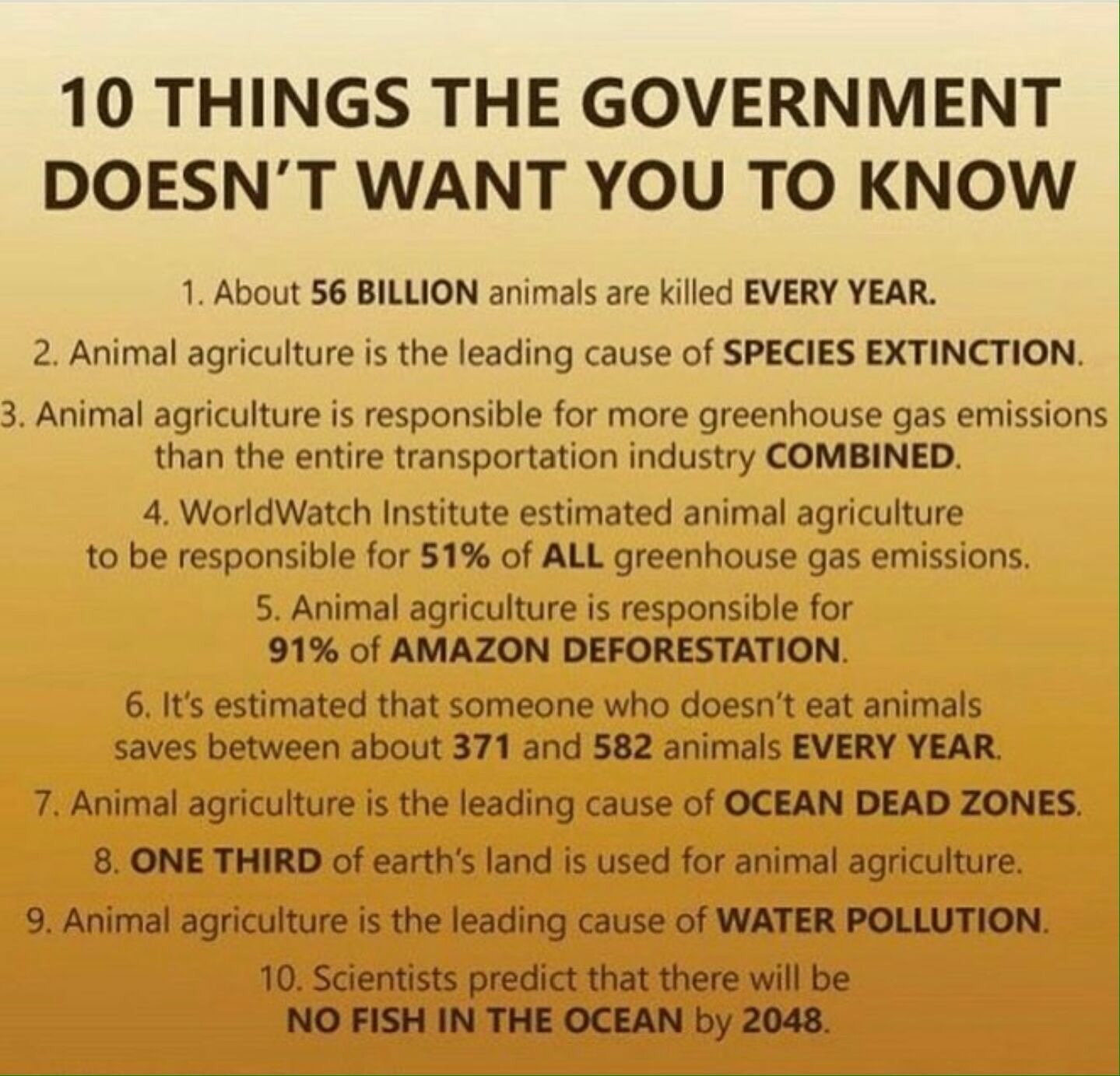
Throughout the ages, cities have been built underground. They are often dug underground for safety, but may also be used for living or work. The concept of underground cities dates back to Ancient Era Europe (Europe) and the Middle East. They may have been used as defensive shelters, mausolea and storage cellars. They could also be used in cold climates to transport people.
An underground city refers to a network that is made up of subterranean space connected by skyways and tunnels. They could be used for transportation, access to restaurants, shops or other activities. They can also be used as storage or defense against natural disasters. While some underground cities are accessible to the public, others are closed to the public.
Washington D.C. is perhaps the most famous underground city in the United States. The subway system is vast and allows for easy access to hundreds of restaurants, stores, and food courts. It is also a transportation hub which connects several subway stations. The underground system can be connected to many government and office buildings. It boasts hundreds of shops and restaurants, and is the most well-known underground city in the United States.

Houston, Texas also has an underground city. This underground city is connected with several key stations. They have retail areas at street-level as well as mezzanine levels. It is also connected to several restaurants, hotels and shopping centers. There are many underground stations, as well as a lot of underground tunnels.
Carleton University's underground network is a network of five kilometers of tunnels connecting dormitories, major buildings and other campus buildings. This network will grow after the Confederation Line is completed. The University of Rochester also has underground tunnels that link dormitories, academic buildings and other campus buildings.
SubTropolis in Kansas City (Missouri) is a 55,000,000 sqft underground business complex. It houses many different businesses and businesses that offer services. SubTropolis, which is home to thousands of workers, is believed to be home to important documents. It boasts a temperature of 68 degrees year round and extensive geothermal protection. The original area belonged to the Bethany Falls limestonemine. Later it was used as an underground storage area.
A number of underground cities are found in New York City, including Rockefeller Center, which has a vast underground concourse that connects several buildings. It is also connected with Brookfield Place and Fulton Center. It is also connected with several subway stations, such as the Port Authority Bus Terminal.

There is also an underground city in Montreal, Quebec. It can be found on 12 kilometers from the city's sentro. It is a sheltered complex featuring a main room with local art. It is also the location of the Montreal Comedy Festival.
Sometimes underground cities are called "skyway systems". Underground tunnels can connect them to buildings. They can be used to transport, store, or provide a place for living or working.
FAQ
Is there any Hollywood blacklist for actors?
There is an Hollywood blacklist.
But the list isn't made public. According to our knowledge, the names of these people aren't known. But here's why it matters.
The reason for the secrecy is that the blacklisted actors and directors wouldn't be able to find jobs. The studios would be out of business as they lose money. Which means they'd cut back on spending money on movies. Which would mean fewer opportunities for the blacklisted filmmakers. This could lead to them going bankrupt.
This could lead to more victims.
If someone attempts to make an Oscar-winning movie, they may be asked to sign a contract stating that they will not speak out against their employers. Any director or producer who would like to be nominated for an award is subject to the same rules.
This is why you'll hear about directors being pressured by producers to take scenes out of their films. Directors may threaten to quit projects that don’t align with their vision.
This is why Hollywood has created a blacklist. If you speak negatively about your employer, you will likely be fired. It's not good for anyone.
It is not uncommon for people to be falsely accused. These people have had to fight to clear their names.
This is unacceptable behavior and must be stopped. We need to ensure everyone has the right of expression.
Also, we must take down the Hollywood blacklist.
How does the brain control the functions in your body?
The brain relays messages to other parts of the body to ensure their functionality. Your brain controls all that happens in your body. It tells you your stomach to digest food; your lungs to inhale air; and it tells you your arms and legs how to move.
Your brain is made up of billions upon billions of nerve cells that are connected together in groups called neuronal groups. Neurons communicate with each other by sending electrical signals called action potentials on axons. Every neuron has a cell wall around its nucleus. Channels within the membrane allow ions such potassium and sodium to enter and leave the cells. The neuron fires when there is ion movement.
When a neuron fires, chemicals called neurotransmitters are released into the space between the neuron and the next neuron. Neurotransmitters can bind to receptors at the second neuron. They open ions channels, allowing ions to move in and outside of the channel. This causes the second neuron to fire too.
Neurotransmitter release occurs when the presynaptic neuron receives an impulse from another neuron. An impulse travels along a synapse that connects the two neurons. The transmitter binds directly to the receptors in the postsynaptic nervous neuron, and triggers the firing.
They are vital for the communication between nerve cells. They also coordinate activity between different brain parts.
Why do actors end up on the blacklist?
If you are an actor, you will get more rejection than if you are a writer. You will likely be rejected many times if you are an actor. But it doesn't matter because eventually, you'll find someone who loves you.
Actors are usually very talented, meaning they can make a living almost anywhere. But most actors don't want to make a lot of money. Actors love to act and tell stories. If you are an actor, you will most likely put yourself out there.
Even worse, you might be told you are too young or too old to play the part. Sometimes, you may lose an audition for a movie. This happens all the time.
After you've been cast, there may be criticism. Some people will say that you look awful or shouldn't wear makeup. If you're lucky, you won't even hear negative comments.
Sometimes you'll be criticized because you're playing a character that isn't realistic or authentic. Perhaps you play a homosexual man and everyone thinks that you're straight. Perhaps you play a woman that is supposed to be strong but who cries a lot.
Sometimes, they ask you to change your voice. Sometimes they ask for you to sound like a male or female. They usually want you sound better.
Negative criticisms are best ignored. Actors sometimes feel like failures when they hear they were wrong. They haven't done any wrong.
They weren't born with a talent that made them famous. They may not fit the bill sometimes, no mater how hard they try.
There are lots of reasons why an actor could get blacklisted. Some people don't like actors. Others think actors can be lazy. Others believe actors cheat.
It doesn't matter what reason it may be, you won’t be banned if you keep trying. There are plenty of roles out there, and you'll find them.
You will eventually succeed if you keep trying.
What dark secrets are there in Hollywood?
Hollywood is full of secret societies. There are secret societies that are more cult-like than others. They have members who follow specific rules and rituals. While some are clubs for those with similar interests, others are not.
There are other nefarious entities that have a significant influence on the industry. There are companies like the MPAA (Motion Picture Association of America), who sets film ratings and the RIAA, which sets music licensing fees.
Numerous unions/guilds also represent actors and directors as well as writers, producers, and so forth. Many of the major TV networks and movie studios are owned or controlled by large corporations.
It is obvious that, no matter how secretive or obtuse a group appears, someone knows exactly what they do. However, we shouldn't fear them.
Instead, embrace them. Because they provide us with information that helps us make better decisions.
They tell us what movies will likely succeed, what songs will be popular, and what books will best sell.
In short, they help us decide what we'll buy, watch, read, and listen to.
We can trust their advice and we can ignore it if it contradicts our values.
And because we've chosen to ignore them, they become even more powerful. They become the ultimate arbiters for taste.
They can be ignored if you don’t like what they have to say.
Let's now take a look into some lesser-known but very real Hollywood secret societies.
And you'll understand why they're so crucial.
Statistics
- A 2012 paper published in the Proceedings of the National Academy of Sciences reported that people blink about 15 to 20 times each minute, meaning, if you do the math, you spend about 10% of the time that you're awake blinking. (romper.com)
- The average human adult male heart rate is between 70 and 72 beats per minute, while the average for adult women is between 78 and 82 beats, which is significantly faster, according to 2014 published in the Journal of Clinical and Diagnostic Research. (romper.com)
- In one 2014 study published in the Archives of Medical Science that sought to study the prevalence of these mites, research showed that 41% of the people had them hanging out in their eyelashes. (romper.com)
- Your mouth makes a lot of saliva every day It might seem like way too much, but your salivary glands typically produce anywhere from 0.5 and 1.5 liters a day, according to a 2009 study published in the Journal of Medicine and Life. (romper.com)
- It might not sound like something that's truly plausible — and it is quite rare — but according to a 2015 study published in the Asian Cardiovascular & Thoracic Annals, it's possible to hurt yourself and even break a rib just by sneezing. (romper.com)
External Links
How To
American history's secret societies and clubs
For many reasons, secret societies and clubs of American History are fascinating. Another reason is the mystery that surrounds them. Another reason is because of their effect on our society.
American history has seen secret societies and clubs used to promote ideas that were otherwise taboo. Anti-Semitism, racism, and other ideas are just a few of the many examples. These groups helped spread political ideologies like communism or socialism.
The most famous organization in American history is the Ku Klux Klan. This group was formed in 1865 after the Civil War ended. Its purpose was to protect white men from African Americans.
Other organizations created during this period included the Knights Templar, Freemasons, and Odd Fellows. These groups all shared similar goals and beliefs.
Another interesting aspect about secret societies is their ability to restrict memberships to men only. However, some women belonged to these groups. These women included Emma Goldman, Margaret Sanger, and Susan B Anthony.
In addition to the groups mentioned above, other secret societies did not share the same ideals. The Order of Skull & Bones, for example, was established in 1832. Their goal was to create an elite group within the United States.